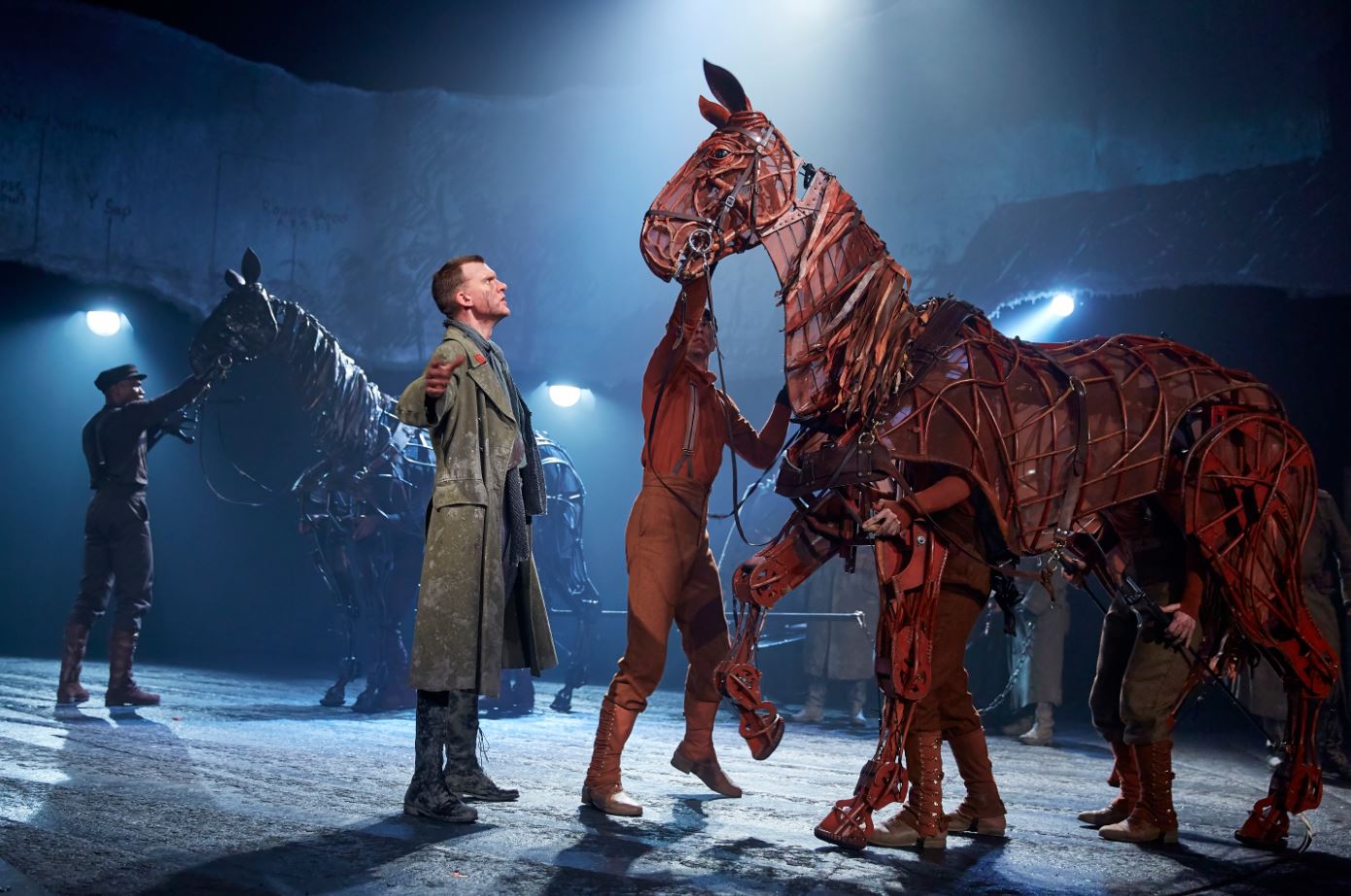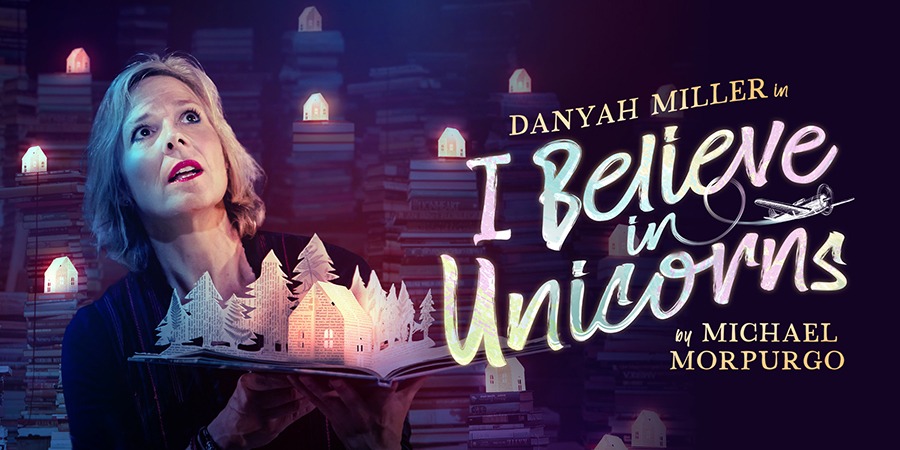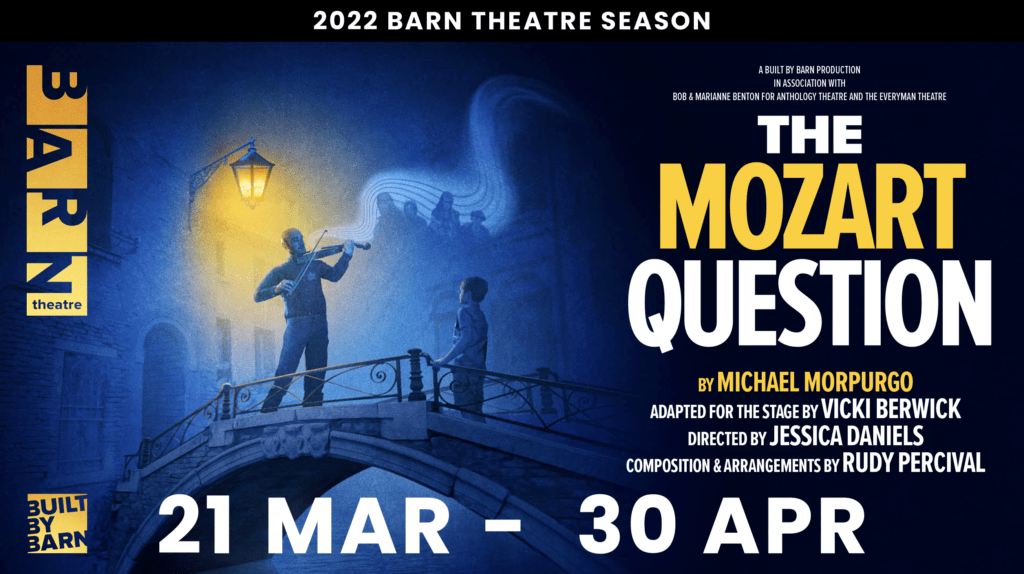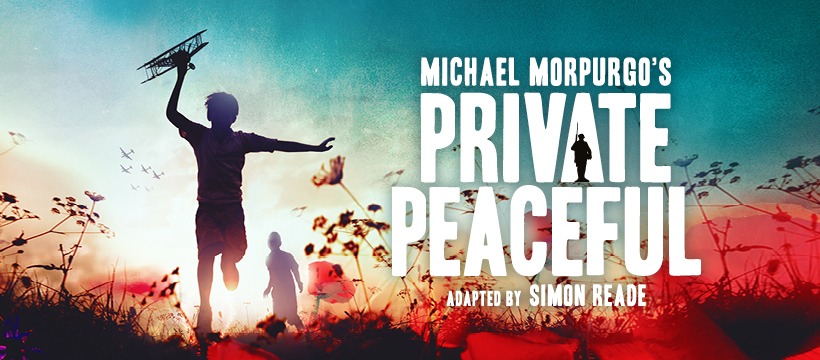In a recent article in The Guardian, Frank Cottrell Boyce has considered the cultural legacy of Britain post-referendum.
One of his key points included an evaluation of War Horse by Michael Morpurgo, as shown below
…increasingly the arts are having to justify their own existence. And increasingly they do so in utilitarian financial terms.
The phrase “every pound invested on the arts returns seven” has become a kind of mantra. If it’s true – great. Thrilling. Essential.
But that verb “invested” distorts our perception of how art happens. Even at the business end. Look at a global West End smash turned Spielberg movie: War Horse. The origins of War Horse lie in Michael Morpurgo’s generosity – he runs a charity called Farms for City Children. He noticed that one of those kids who found it hard to talk to his classmates seemed comfortable around the horses. There’s Michael’s generosity of attention as well as the straightforward charity of the farm here. For decades the kindest thing you could say about War Horse was that it was an unfairly neglected book. Then … the alchemy of puppetry and a great movement director in Toby Sedgwick … and then the big hit, again at the National Theatre.
To read the article in full, click here and discover more about Farms for City Children here
[Photo credit: Brinkhoff/Mögenburg]



